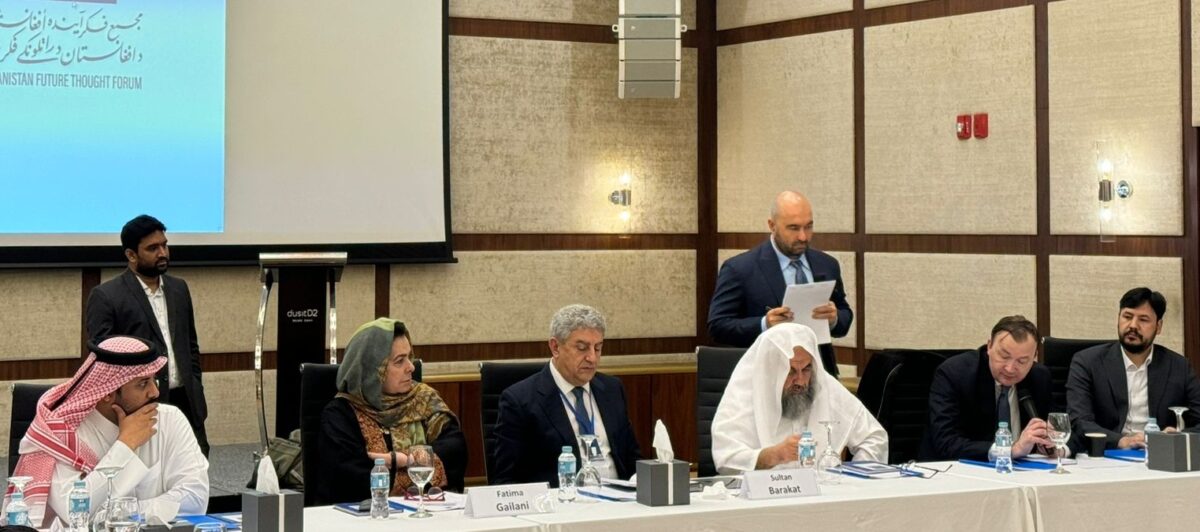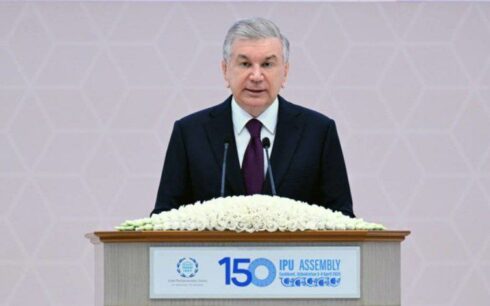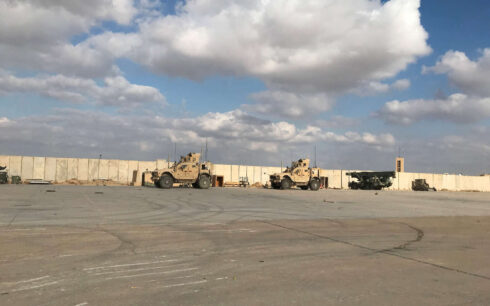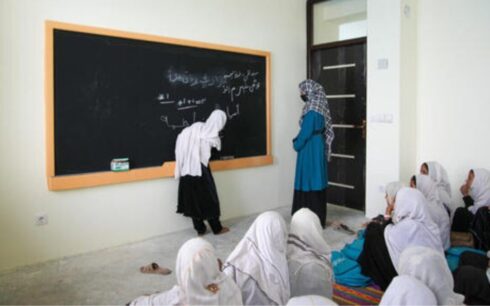DOHA, Qatar — The 10th session of the Afghanistan Future Thought Forum (AFTF) was held in Doha from Feb. 12-14, bringing together 40 influential Afghans from various political and ethnic backgrounds to discuss the country’s ongoing challenges, according to Sultan Barakat, a professor at the College of Public Policy at HBKU.
The meeting, chaired by Fatima Gailani, the founder of the forum, focused on issues including the ban on female education and strategies to address Afghanistan’s economic crisis following the abrupt cutoff of humanitarian aid under the Trump administration.
“They reviewed progress made and discussed ongoing internal and external challenges,” Barakat wrote on X on Saturday, adding that, despite differences, participants unanimously rejected any return to war.
On Feb. 14, the forum briefed members of the diplomatic community in Doha and agreed to explore creative proposals for engagement with the Taliban and the international community.
According to sources cited by Amu, the Taliban prevented several participants from attending the meeting, allowing only Jafar Mahdavi to travel from Afghanistan.
At the forum’s conclusion, participants reaffirmed their commitment to pursuing a unified approach to addressing Afghanistan’s crises, in coordination with both Afghan authorities and international partners.
The Afghanistan Future Thought Forum is a 30-member initiative comprising former government officials, civil society activists, and academics. The forum seeks to analyze Afghanistan’s key challenges and opportunities and provides policy recommendations to both the Taliban and the international community.
The forum has previously held several meetings worldwide, including January 2024 in Istanbul, Turkey, where discussions focused on the UN special coordinator’s report on Afghanistan, the mass deportation of Afghan refugees from Pakistan and Iran, and the impact of Taliban restrictions on women’s healthcare.
Another event happened in February 2023 in Doha, Qatar, where participants called for an end to the Taliban’s bans on girls’ education and women’s employment, while emphasizing the need for inclusive governance to ensure lasting peace.
One session happened in May 2024 in Oslo, Norway, where discussions centered on women’s right to work and access to education.





